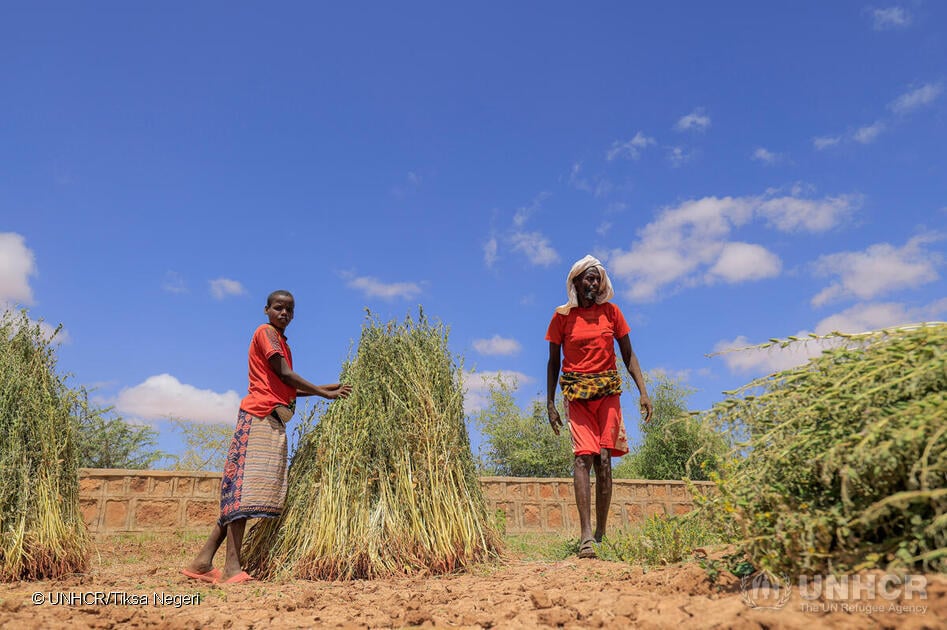


Closing the gap: zooming in on refugee women on Equal Pay Day
Evidence suggests that while living in countries with gender disparities, refugee women usually earn less than host women. Addressing these disparities requires policies that target the specific challenges faced by all women in host countries. and integrating a gender perspective into refugee strategies.
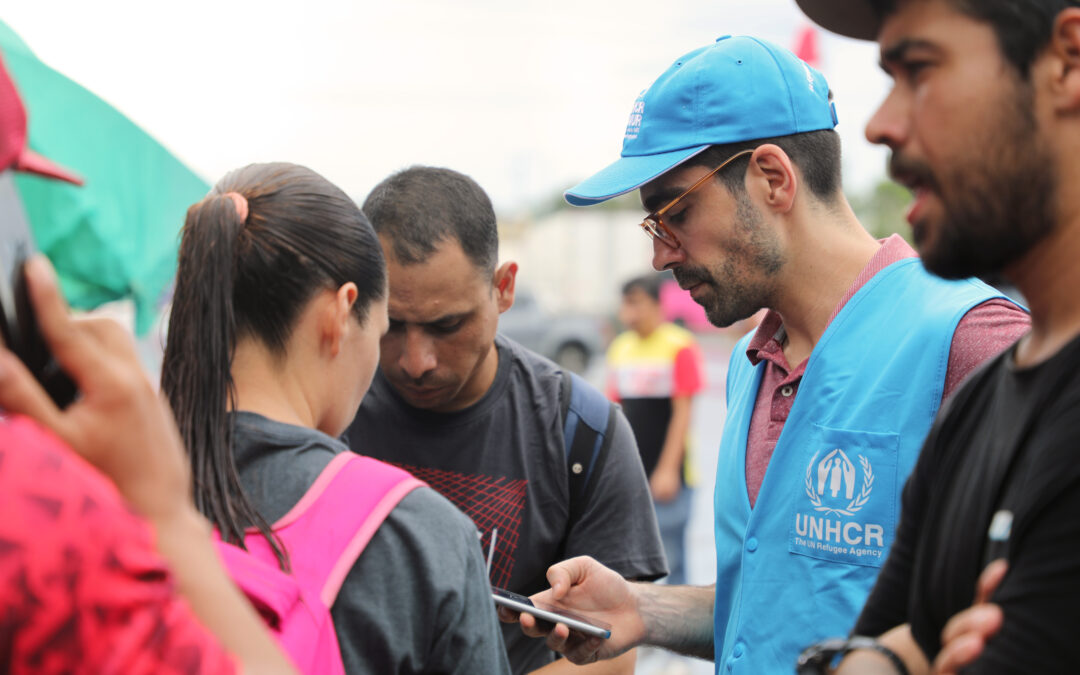
The future is data (and it’s here already)
At the end of September 2024, world leaders are coming together in New York City to convene a variety of high-level events. Between 22-23 September, the Summit of the Future will take place, which has been described as a once-in-a-generation opportunity to mend eroded trust and demonstrate that international cooperation can effectively tackle emerging threats as well as opportunities.
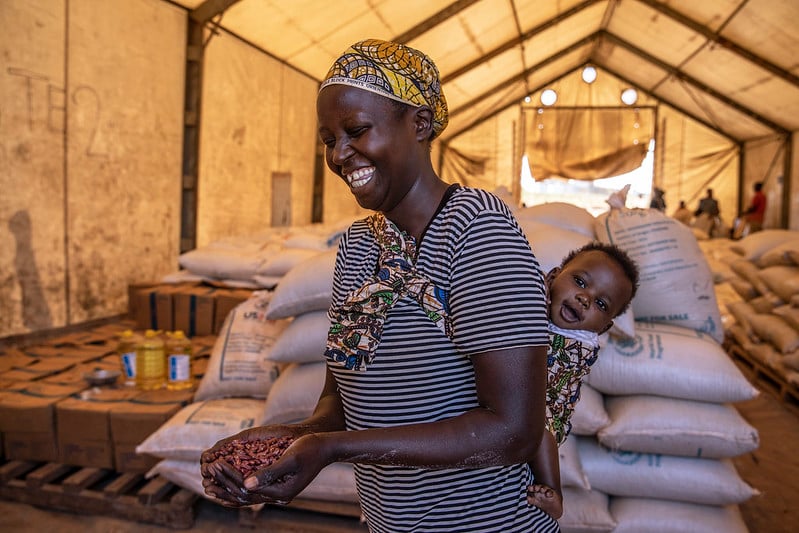
Collaboration gone right – UNHCR and WFP take data sharing to the next level in Tanzania refugee camps
It is common practice for UNHCR, the UN Refugee Agency, and WFP, World Food Programme, to collaborate in some of the world’s most difficult humanitarian responses. While UNHCR is mandated to protect those forced to flee, WFP is responsible for delivering food and life-saving assistance in emergencies and protracted refugee situations. The two organizations work together to serve the most vulnerable populations. As part of this collaboration, UNHCR and WFP may need to exchange some information on the forcibly displaced populations to ensure they receive targeted food assistance in a dignified manner.

Inclusion of Forcibly Displaced and Stateless Persons in National Statistics
Forcibly displaced persons, including refugees and internally displaced people (IDPs), as well as stateless persons are frequently underrepresented or invisible in national data. However, realiable and nationally owned data is vital to guide effective national policies and decisions that foster the inclusion of forcibly displaced and stateless persons around the world. Statistical inclusion of forcibly displaced and stateless persons refers to the process of systematically including these groups in national data production systems such as population and housing censuses, administrative registers or nationwide household surveys.
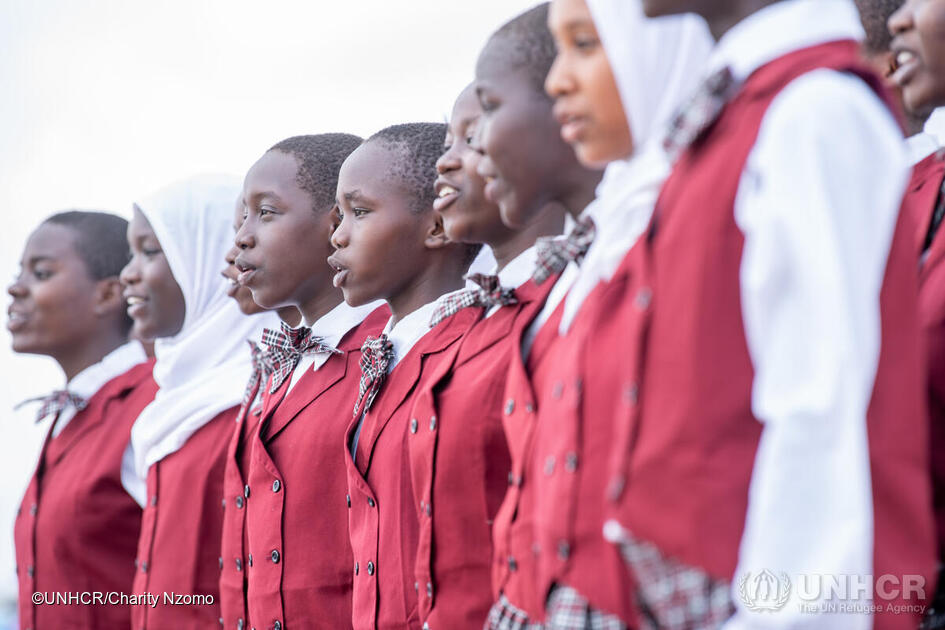
When data informs decisions for improving the lives of refugees and host communities
World refugee day celebrations 2022 in Kakuma Camp. © UNHCR/Charity Nzomo By Tarek Abou Chabake, Aina Helen Saetre and Grace Sanico Steffan Refugees and host communities in Kakuma, Kalobeyei and urban areas of Kenya live in better conditions with the help of...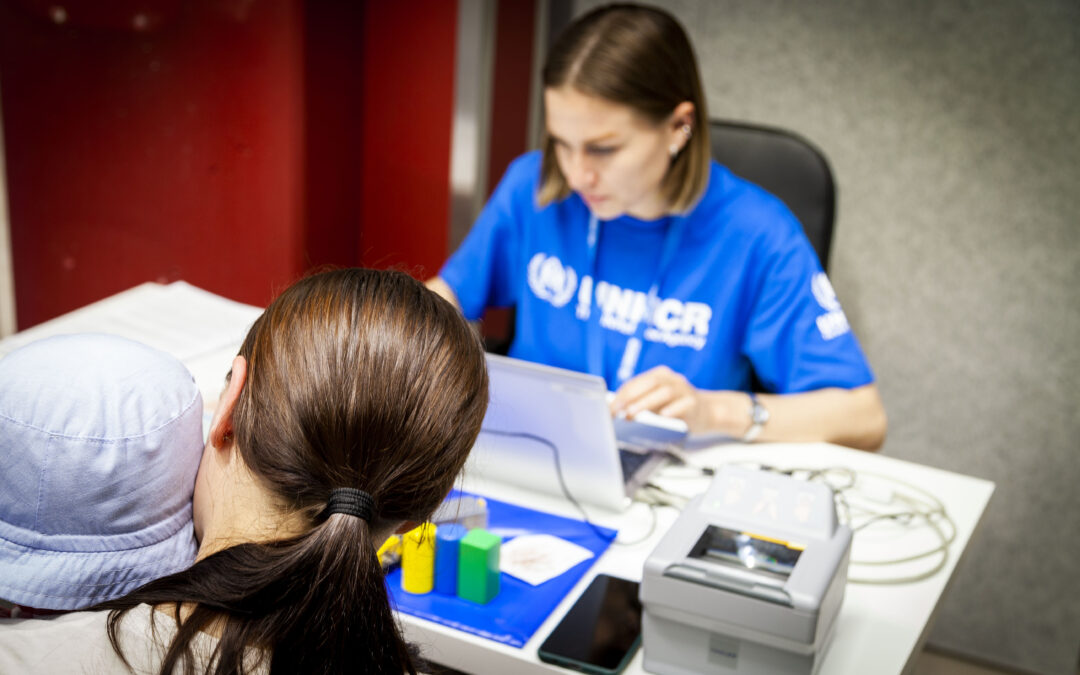
A renewed approach towards personal data protection in the UN Refugee Agency
UNHCR enters 2023 with the General Policy on Personal Data and Privacy (GDPP) issued by the High Commissioner. The new policy establishes an updated and unified data protection and privacy framework applicable to the collection, use and sharing of personal data of all individuals by UNHCR, fostering trust among people we serve, staff, partners, and donors.
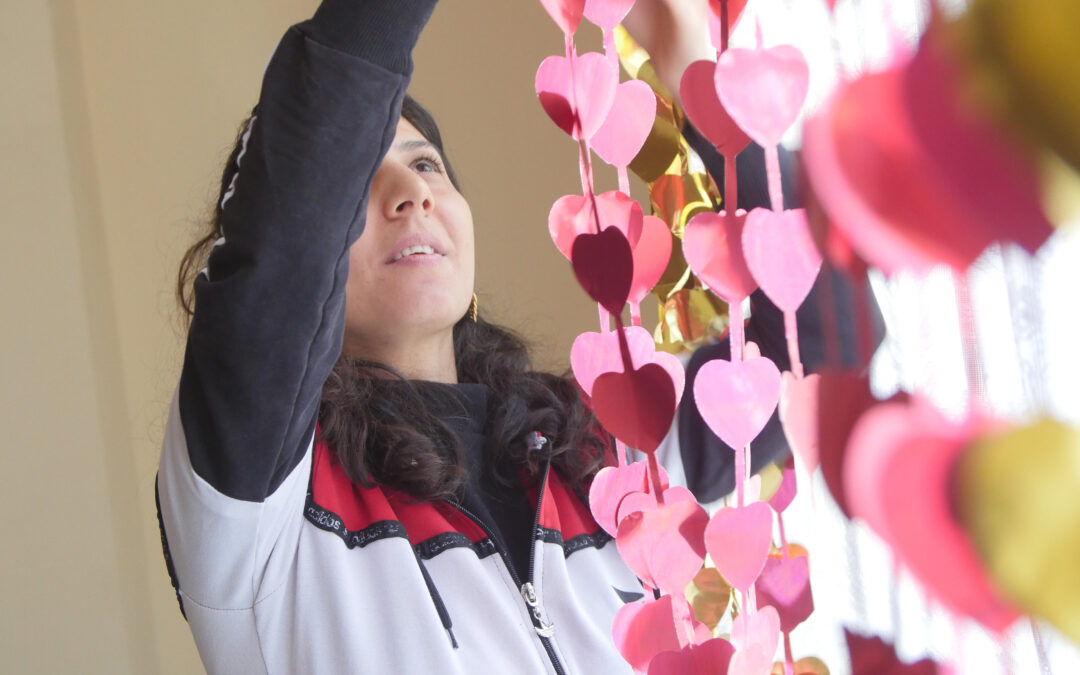
Five approaches for more refugee-friendly cities
On World Cities Day, UNHCR celebrates the mayors and local authorities who show solidarity with their refugee, internally displaced and stateless residents.
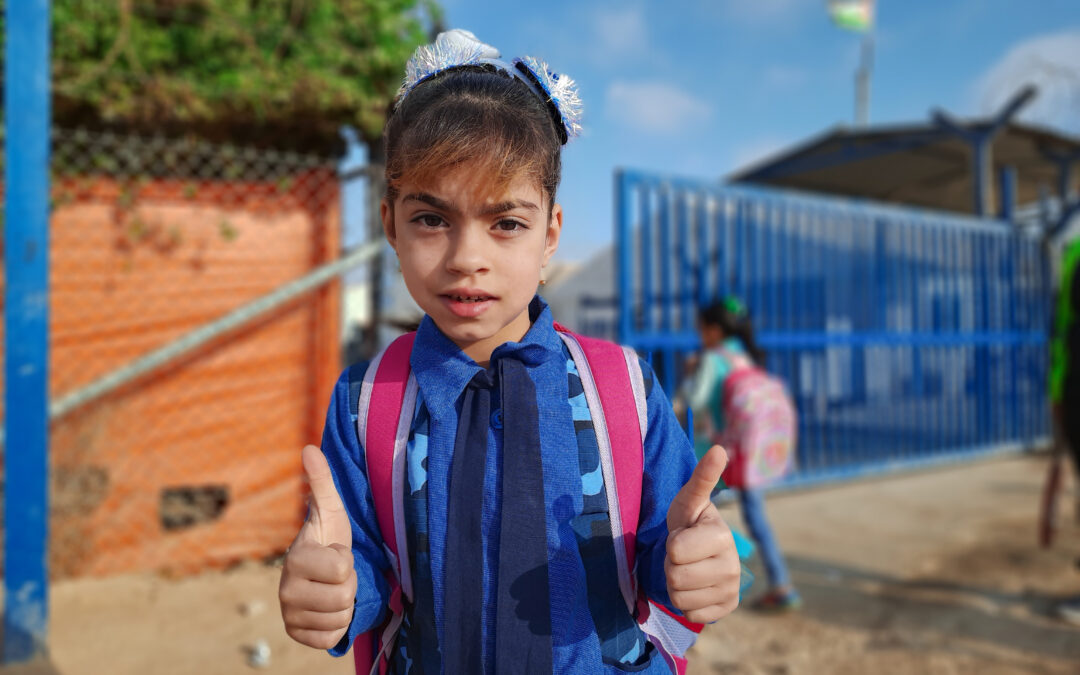
Moving towards better education data for greater inclusion and visibility of refugees
By UNESCO Institute for Statistics (UIS) and UNHCR Kindergarten-age Aden was born on the move. She arrived in Medenine, Tunisia, in 2019 with her parents who fled Darfur in 2003. UNHCR is partnering with the Tunisian Refugee Council (CTR) and the Tunisian Association...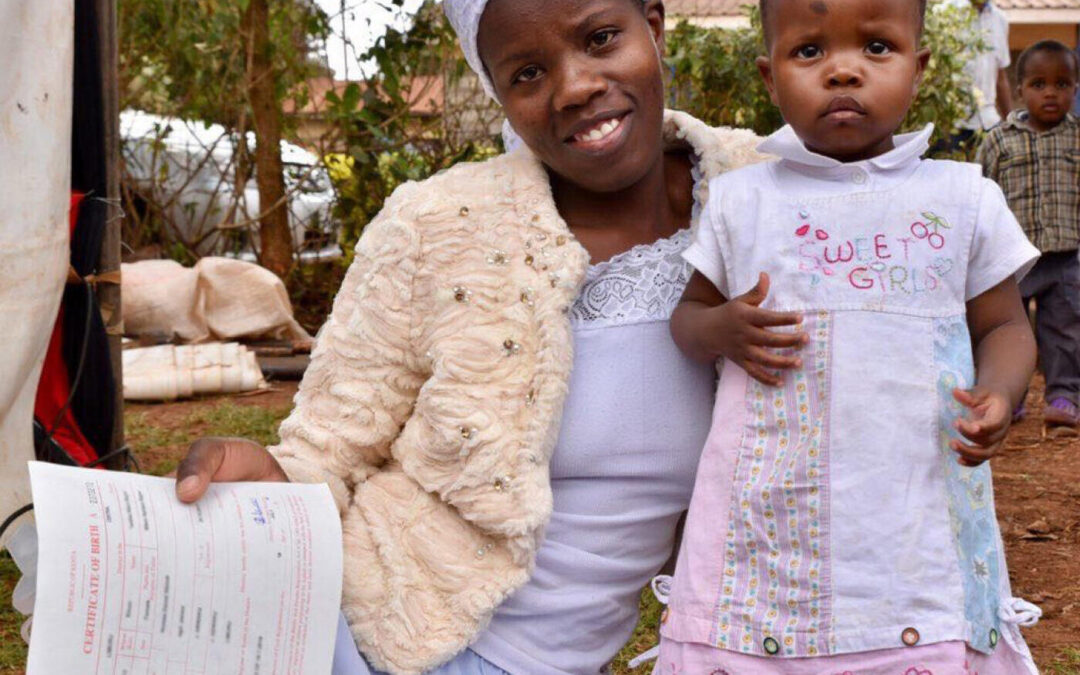
New evidence about the socioeconomic impacts of statelessness emerges from a study of the Shona community in Kenya
Results from a UNHCR-World Bank survey provide one of the first data-backed assessments of welfare and poverty associated with the lack of nationality.
